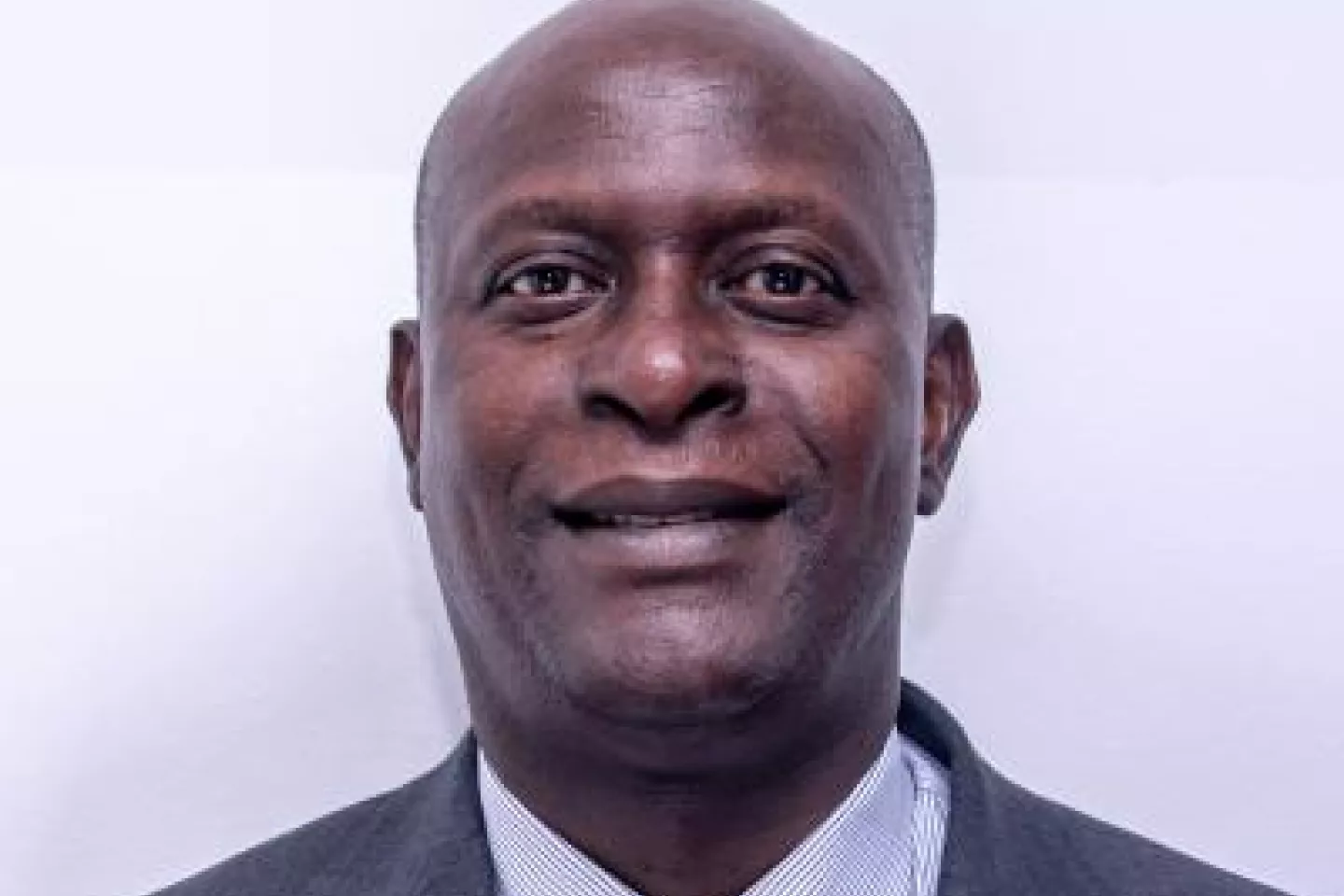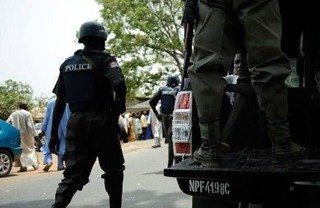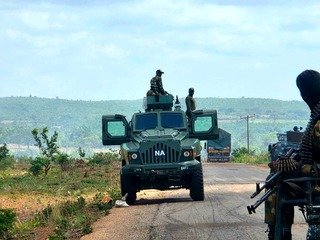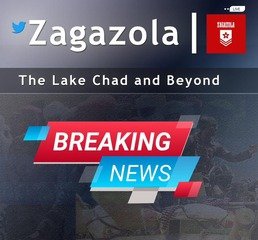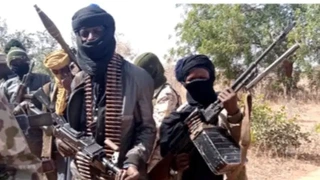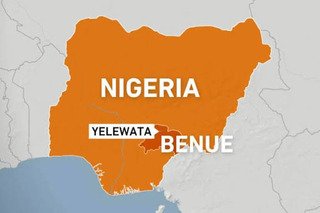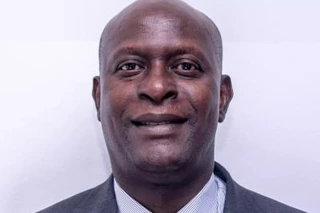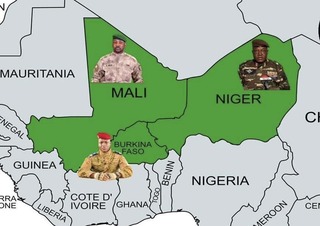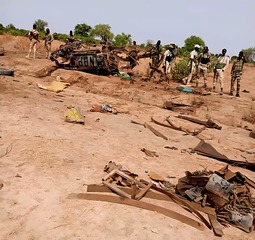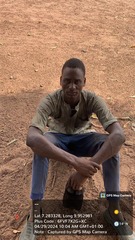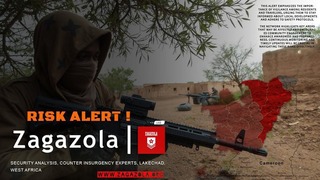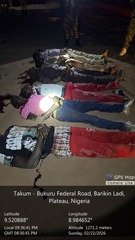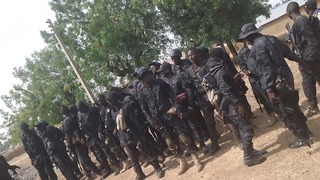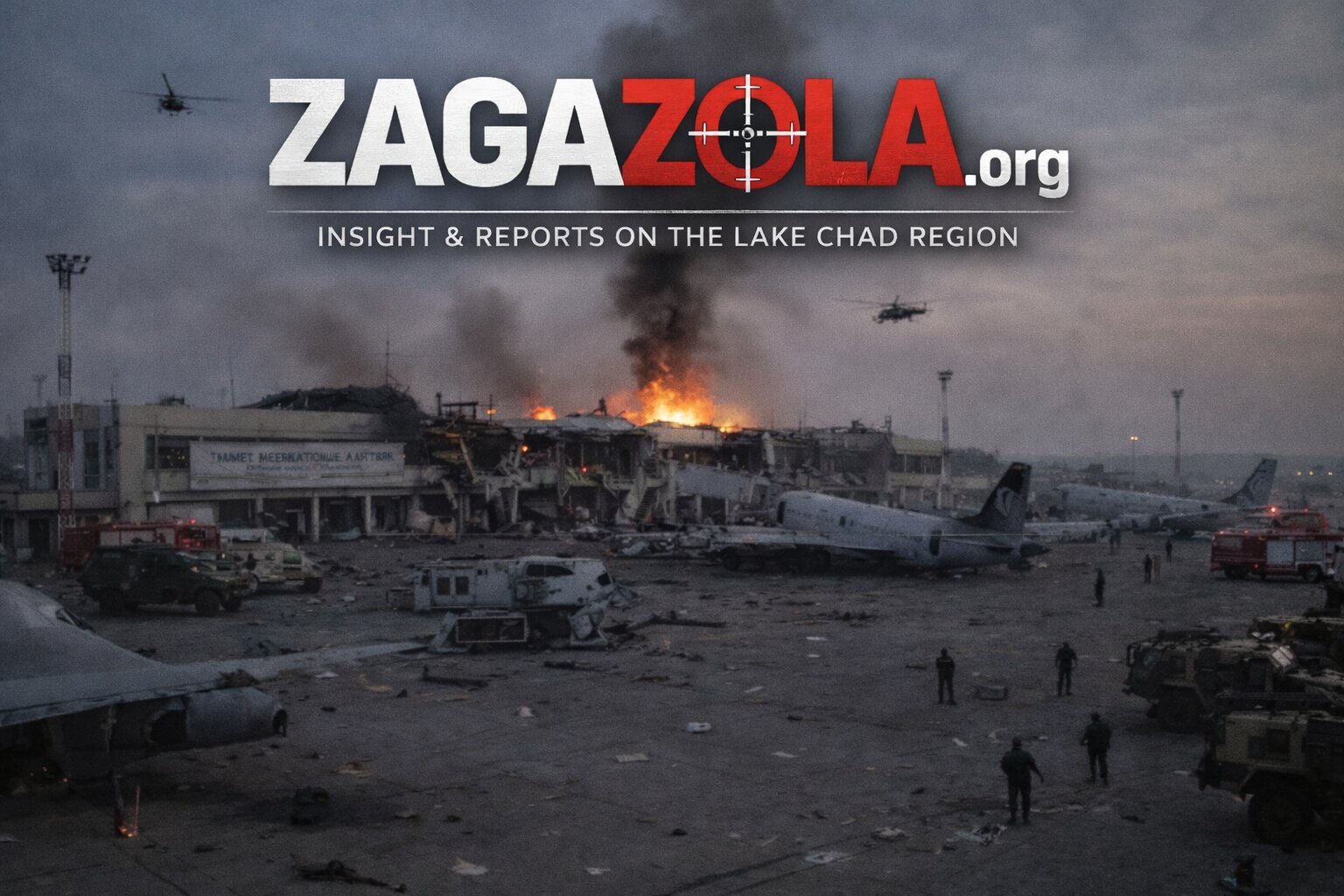UN Releases Additional US$ 5 Million to Boost Flood Response in Nigeria’s Bauchi, Borno, and Sokoto States
The United Nations’ Central Emergency Response Fund (CERF) has released an additional US$5 million to scale up relief efforts in three of the hardest-hit states by flooding in Nigeria—Borno, Bauchi, and Sokoto. This funding aims to address urgent humanitarian needs caused by widespread flooding during the peak of the rainy season.
The floods have severely impacted the lives, livelihoods, and food security of millions across Nigeria. According to the National Emergency Management Authority (NEMA), over 300 lives have been lost, and at least 1.2 million people across 31 states have been affected. The devastation has also damaged thousands of hectares of farmland, putting upcoming harvests in jeopardy.
Mohamed Malick Fall, the United Nations Resident and Humanitarian Coordinator in Nigeria, described the situation as a "crisis within a crisis," adding that the floods have worsened the already dire food insecurity. “Millions of people were already facing critical levels of food insecurity before the floods because of economic hardships. The floods have compounded people’s suffering,” Fall said.
The Food and Agriculture Organization (FAO) has warned that crop losses in flood-affected Borno, Adamawa, and Yobe states could have fed 1.4 million people for six months. Nationwide, the losses are projected to affect food supplies for 8.5 million people over the same period.
The CERF funds will help humanitarian organizations provide lifesaving support to 280,000 people in Borno, Bauchi, and Sokoto. This includes delivering food, clean water, sanitation, shelter, and healthcare to prevent the spread of waterborne diseases like cholera. In addition, multipurpose cash assistance (MPCA) and cash-for-work programs will be used to help families generate income.
The funds will also bolster protection services for vulnerable groups, including women and girls, and provide critical services for survivors of gender-based violence (GBV) and people living with disabilities.
“This CERF allocation is a much-needed boost to the joint efforts of humanitarian partners in Nigeria in support of the Government-led response,” Fall said. However, he emphasized that the funds, along with an earlier $6 million allocation from the Nigeria Humanitarian Fund (NHF), are not enough to meet the growing needs. “What is required right now is the immediate mobilization of additional resources by donors, development partners, and the private sector,” he added.
In Borno, the state most impacted by flooding, over 400,000 people, including many internally displaced persons (IDPs), were forced to flee their homes due to flash floods and the collapse of the Alau Dam on September 9. Although the floodwaters have receded in parts of Maiduguri Metropolitan Council (MMC) and Jere Local Government Areas (LGAs), many areas, like Dikwa LGA, remain submerged, and there is a critical need for emergency response, food, and clean water.
The latest CERF allocation complements the earlier NHF funds, as well as resources from the US-funded Rapid Response Fund, to support water, sanitation, hygiene, shelter, and emergency healthcare services in the BAY states.

